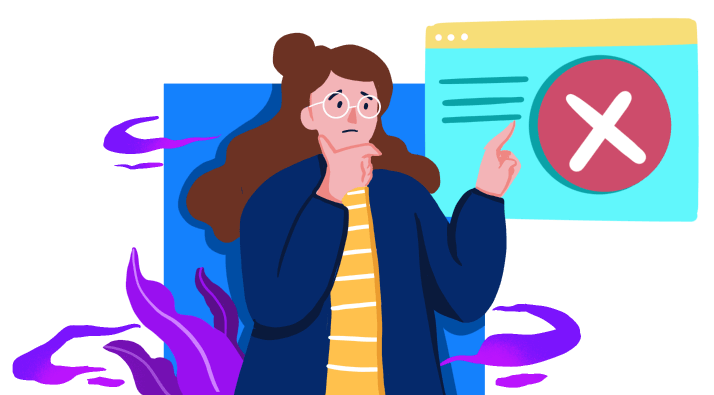Lesson 5: Personal Identity and Records
After completing this lesson, you will be able to:
Understand why blockchains are excellent at keeping important records safe.
Know how blockchains improve storage and access for medical information, educational records, and personal identification.
Understand how blockchains address confidentiality concerns.
Know how long data is stored once it is added to a blockchain.
Understand the role of access control and privacy in blockchain-based recordkeeping.
Welcome to the fifth lesson in Kriptomat Academy’s “Blockchain Use Cases” course. In this lesson, we’ll take a close look at how blockchain databases are revolutionizing the storage, retrieval, and sharing of personal information.
All databases are useful for storing information. Blockchain databases have special features that make them ideal for storing certain kinds of information.
- Data added to a blockchain is accessible forever. It can’t be deleted.
- Information in a blockchain can’t be altered or forged.
- Data stored in a blockchain is accessible only to the people you send it to.
These features make blockchain databases ideal for storing personal records
- A digital ID would be more secure and convenient than the physical ID cards and passports we currently use. And they could be essential for helping people without physical IDs confirm their identity.
- With a digital ID, essential information would be accessible anywhere. Any smartphone or PC could prove your identity and provide access to professional credentials, deeds to property, bank accounts, or medical records.
- Blockchain storage of these kinds of records can help refugees, survivors of natural disasters, and victims of war or poverty confirm their identity and reclaim their property.
This has led to the development of blockchain-based digital IDs
- Companies around the world are implementing blockchain-based digital IDs that store personal information and establish identity for users who lack paper documents.
- Up to 1 billion people worldwide currently lack the official proof of identity they need to access healthcare, banking, and education services. Digital IDs let them take ownership of their official identity, sharing it appropriately and voluntarily.
Blockchains are a great solution for medical records too
- Your sensitive medical records remain private because even if the information is stored on a public blockchain, the data itself is encrypted.
- You can share your records with medical professionals by sending it to their blockchain addresses.
- Like financial transaction data, your records will be encrypted with the doctor’s public key before the data is transmitted. Only the doctor and his staff can use the doctor’s private key to unlock the data.
- Other healthcare applications could include streamlining insurance reimbursement and storing data collected in clinical trials for medical treatment.
Blockchains are perfect for storing educational and professional information
- An entry in a secure blockchain database can be a more reliable proof of graduation and other academic accomplishments than an easily forged diploma – and it can’t be lost or stolen.
- A blockchain database could be used to manage student records and progress toward degrees even for students whose careers take them to many different educational institutions over several decades. Academic credits could easily be stored on the blockchain by the schools that issue them.
- The same goes for professional licenses and certificates. Attorneys and physicians who qualify for different kinds of practice can store their credentials on blockchains that maintain secure, reliable data.
Digital records can contribute in countless ways
- They can help people establish ownership of real estate and other property.
- They can help preserve people’s work history, including corporate equity, compensation, and other details.
- They can help people restore relations with banks to establish credit and claim funds in their accounts after disruptive events.
So – what have we learned?
- Blockchain storage can help establish identity for more than 1 billion people worldwide who lack paper records to prove identity to immigration officials, banks, schools, and employers.
- Blockchains can provide efficient storage and appropriate access to private medical records.
- Blockchains can also store academic records, real estate holdings, professional credentials, and other vital data.
That’s the end of this lesson! Test your understanding and earn points toward a Kriptomat Academy certificate of achievement by taking the test!
Kriptomat Academy content is informative in nature and should not be considered a personalised or any other investment recommendations or advice.

 IOS
IOS Android
Android